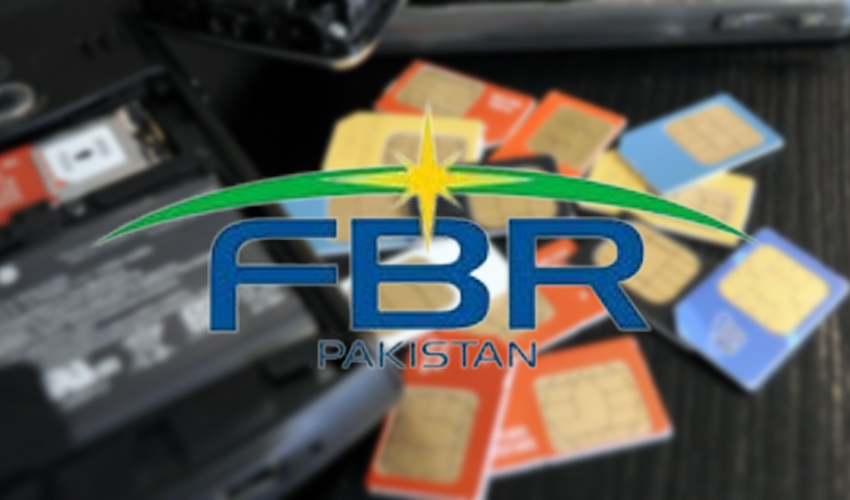The Federal Board of Revenue (FBR) has announced its intention to pursue legal action against the non-blocking of SIMs belonging to over 500,000 tax non-filers.
Concerned about the disruption caused by the failure to enforce SIM closure, the FBR is exploring alternative measures to address the issue, including the proposal of imposing a 2.5% additional withholding tax on mobile phone usage by non-filers.
According to FBR sources, if the Pakistan Telecommunication Authority (PTA) and telecom companies do not comply with the directive to block SIMs of non-filers by May 15, the FBR will initiate legal proceedings. An application is set to be filed in the Islamabad High Court against both the PTA and telecom companies for their failure to enforce the regulatory requirement.
Also Read: Telecom companies challenge FBR's move to block SIMs
In this regard, the FBR has begun consulting with its legal team to prepare a petition to be submitted to the high court.
Concurrently, alternative measures are being explored to mitigate the impact of unblocked SIMs. One such proposal involves imposing an additional 2.5% withholding tax on non-filers' SIMs as a deterrent.
According to sources, it is being considered to charge non-filers an additional tax on each mobile and data load. These proposed measures aim to incentivize compliance with tax regulations while generating revenue for the government.
Also Read: PTA rejects FBR's request to block non-tax filers' mobile SIMs
Major telecom companies had on Monday written a letter to the Ministry of Information Technology and the Pakistan Telecommunication Authority (PTA) and raised legal concerns regarding the implementation of the FBR order to block SIMs of non-filers of tax returns.
Prior to that, the Pakistan Telecommunication Authority (PTA) rejected a demand from the FBR to block the SIM cards of over 500,000 individuals who have not filed their tax returns. In response to a request, the PTA asserted that any such order would not be legally binding and would contravene the established legal framework.


























